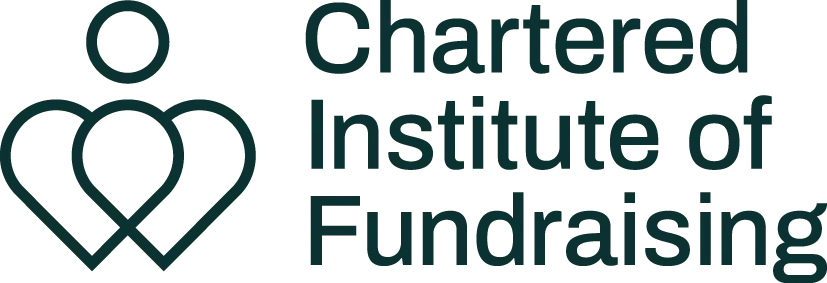
Blogs
These are a mixture of blogs (and vlogs) written by myself and guest writers with specialist knowledge in different areas of fundraising. These are designed to help you with your fundraising. Get in touch to suggest or request a topic.

How to approach Major Donors
How to approach Major Donors
Gavin Calver – Chief Executive of the Evangelical Alliance
Major donors are those who give significant financial gifts to your charity. As every charity is different, the size of the financial gift that makes a major donor is also different. So, for a small charity with an income under £50,000, a major donor might be someone who gives over £5,000. However, for a larger charity with an income of over £1 million, £5,000 would be considered a small gift. It doesn’t really matter the monetary value of the gift, what defines a major donor is the significant size of the gift in relation to the size of the charity’s annual income.
Needless to say, using major donors as a source of income for your non-profit is highly valuable. So understanding major donors is really important and approaching them in the right way is key. As Fredricks[1] puts it,
‘A major gift is not something that donors do on a whim or a lark, or on the spur of the moment… They do not flow into an organization at the rate of one a week, and in likelihood they do not materialize without a great deal of time, talent or effort attached.’
Gavin Calver from the Evangelical Alliance has a wealth of experience when it comes to approaching major donors. Here is his help and advice:
1. How do you know if someone is a potential major donor?
I think after a while you get an eye for it but in the short term, I’d encourage people to do some research on those who’ve given to similar things to theirs. Major donors with Trusts are a good place to start. Major donors without Trusts will come to you sometimes too.
2. What preparation do you complete before meeting a potential major donor?
I pray a lot and also make sure I have done my research and am adequately prepared. I tend to spend as long preparing for a major donor meeting as a sermon!
3. When is it appropriate to ask for a financial gift?
I have never asked for money on a first meeting. There are no clear rules on this but I trust my instinct as to when to ask. However, most donors are not meeting you simply for fellowship and as such will be expecting an ask of sorts.
4. How do you treat a potential major donor?
Like any other person. With dignity, interest and warmth. Major donors must never be treated like cash points and must be approached with humanity. No relationship is entirely transactional and so it's important to show an interest in them too
5. What can you do to ensure a major donor keeps supporting your work?
Nothing! I maintain strong relationships with donors whether they give or not. People have to be free to say no to you. However, storytelling and good reporting help no end.
6. Any other comments?
The most important part of any major donor work is prayer. Moment and ministry go together and we must be praying for those we are meeting with and asking the Lord to provide.
It’s with grateful thanks to Gavin Calver for helping with this blog. You can find out more about the Evangelical Alliance by visiting https://www.eauk.org/ and you can follow Gavin directly on Twitter at https://twitter.com/GavCalver or Facebook https://www.facebook.com/GavCalver/.
[1] Fredricks, L. (2001) ‘Developing Major Gifts’, Aspen Publications, New York.









